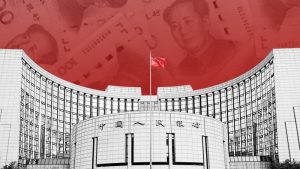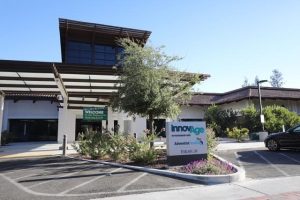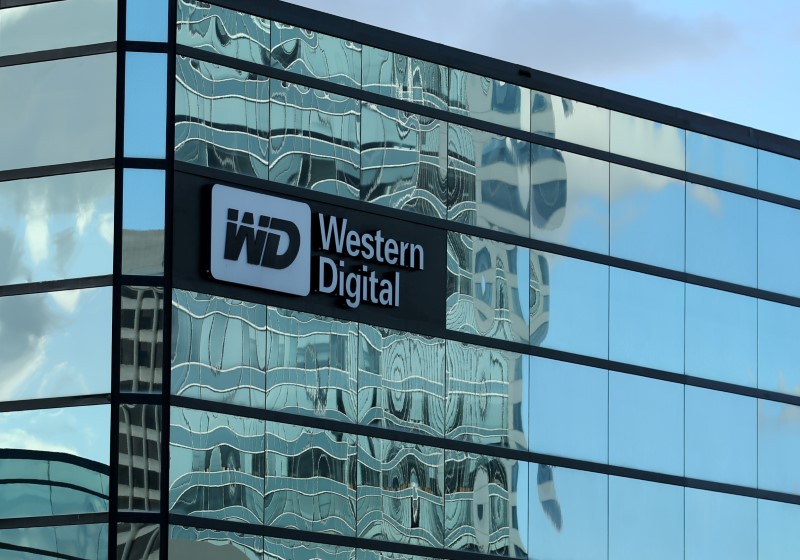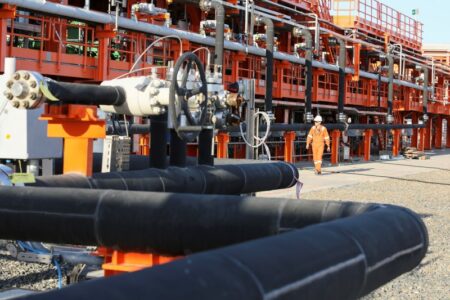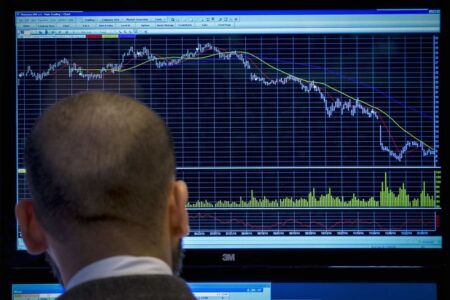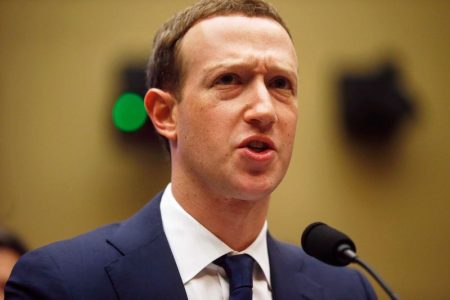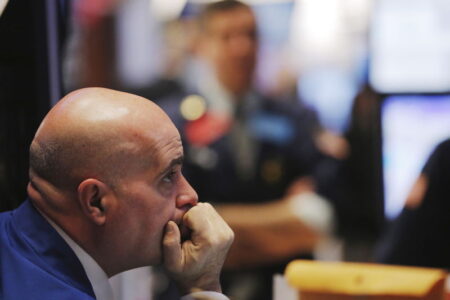© Reuters. File photo: KIOXIA gadgets can be seen at COMPUTEX Taipei, one of the world’s largest computer and technology trade shows in Taipei, Taiwan, May 24, 2022. REUTERS/Ann/File photo
By Yoshifumi Takemoto, Makiko Yamazaki and Miho Uranaka
TOKYO (Reuters) -Merger talks between Western Digital (NASDAQ:) and Japan’s Kioxia Holdings have stalled, two sources said on Friday, as opposition from Kioxia investor SK Hynix has complicated the on-again, off-again deal to create a memory chip giant.
South Korea’s SK Hynix, itself a major memory chip maker and rival to both companies, on Thursday said it did not back the deal, citing the potential impact on the value of its investment in Kioxia.
That opposition had effectively frozen the deal, one of the people familiar with the matter said. The two people also cited a failure to agree on terms.
Shares of Western Digital plunged 9.3% on the news.
It was not immediately clear if the merger would ultimately be scuppered or whether it could be revived.
Kioxia declined to comment. Western Digital and Bain Capital did not respond to Reuters’ requests for comment.
Both Western Digital and Kioxia remained keen to seal the tie-up, according to the people and two others familiar with the talks. Merger talks between the chip heavyweights have been off and on since 2021.
Representatives of both Western Digital and Kioxia, formerly Toshiba (OTC:) Memory, were working on the sidelines to iron out difficulties, three of the people said. That included an attempt to win over Hynix, one of the people said.
All of the people declined to be identified because the information has not been made public.
The business daily, which first reported news that the talks had been called off, said the companies were also unable to agree on conditions with top Kioxia shareholder Bain Capital.
The combined company would control a third of the global NAND flash market, on par with top player Samsung Electronics (KS:), threatening the position of Hynix, the world’s No. 3 maker of NAND flash memory.
ANTITRUST ISSUES
Asked about the cancellation, Japanese Industry and Trade Minister Yasutoshi Nishimura told reporters the government would follow up on the situation and continue to support Kioxia as the company is an important manufacturer of advanced chips.
The companies were pursuing a merger in the face of a global chip glut and weak demand for flash memory chips, which have increased pressure on chipmakers to consolidate.
Since they first started merger talks two years ago, Kioxia and Western Digital’s negotiations have often stalled over a number of issues, including valuation discrepancies. There are also concerns about potential antitrust issues, with Chinese regulators posing a big hurdle.
The merger would have given the companies “an opportunity to cut cost and be a more effective competitor in the market”, said Mark Miller, analyst at Benchmark Company.
“But it was a very complicated deal to get done. I’m not sure China would approve the deal either.”
The companies reported a combined loss of roughly $1.4 billion in their latest quarterly reports.
Last year, Western Digital launched a review of strategic alternatives, after activist Elliott Investment Management disclosed a stake of nearly $1 billion in the company and pushed it to separate those businesses.
Japan’s top banks were set to commit 1.9 trillion yen ($12.63 billion) in financing to support the merger, Reuters reported last week.
SK Hynix invested 395 billion yen in Kioxia in 2018 as a member of a Bain-led consortium that bought the Japanese firm from Toshiba Corp for 2 trillion yen. It holds convertible bonds that can be converted into an equity stake of up to 15% in Kioxia and its approval was one of the preconditions for the merger.
($1 = 150.4200 yen)
Read the full article here

